For many manufacturers, the box that you ship your product serves only two purposes: to protect your product on the way to the hands of the customers and to help advertise your product when displayed in stores. Apple, being the more detailed-orientated company has put a lot more thought into the packaging box. For Apple, the packaging box is not just a mere vessel, but a statement of what the company represents. There’s a term for it and it’s called out of the box experience.
We explore Apple’s best-selling product, the iPhone, out-of-the-box experience to show the evolution of Apple’s image.
Early Days
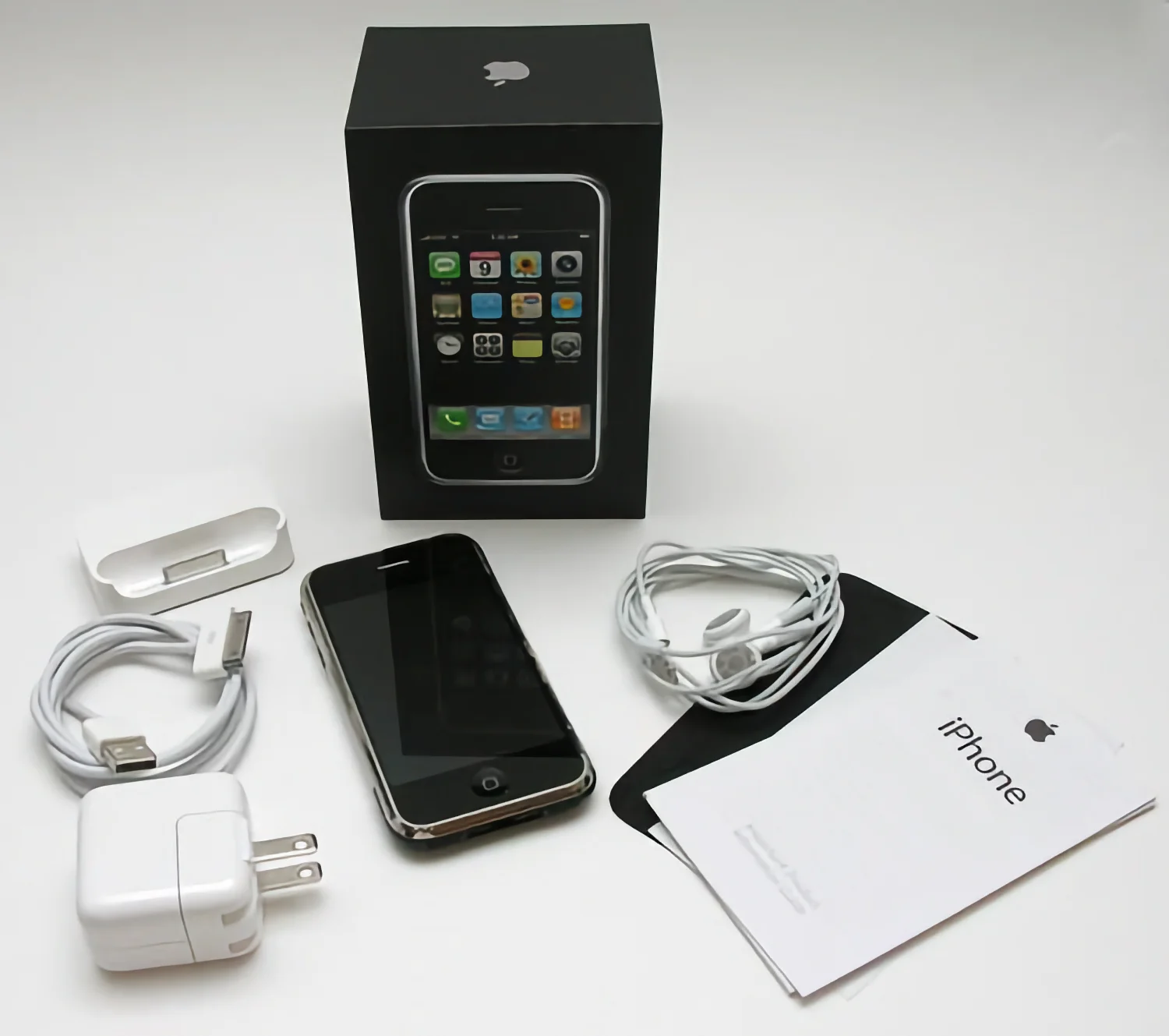
When the first iPhone came out, the box experience was a league of their own in the phone industry. While most manufacturers would just put a phone, some accessories, and a charging brick, for Apple, it’s an opportunity to shake up the mobile phone landscape.
While other manufacturers of the time were content with cheap and thin card box paper, Apple used high-quality ones with a little bit of gloss. And everything is snug in the box. When you first lift the top part of the box like an ancient Egyptian sarcophagus, the iPhone lay snugly in a plastic cradle like the Pharo himself. And what you get is also complete: the iPhone, earphones with a 3.5 mm jack, a dock for the phone, a charging cable plus a power adapter, a cleaning cloth, and some documentation. Looking back, when today Apple demands $20 for a cleaning cloth, you get a lot of bang for your iPhone purchase.
iPhone 4/5s
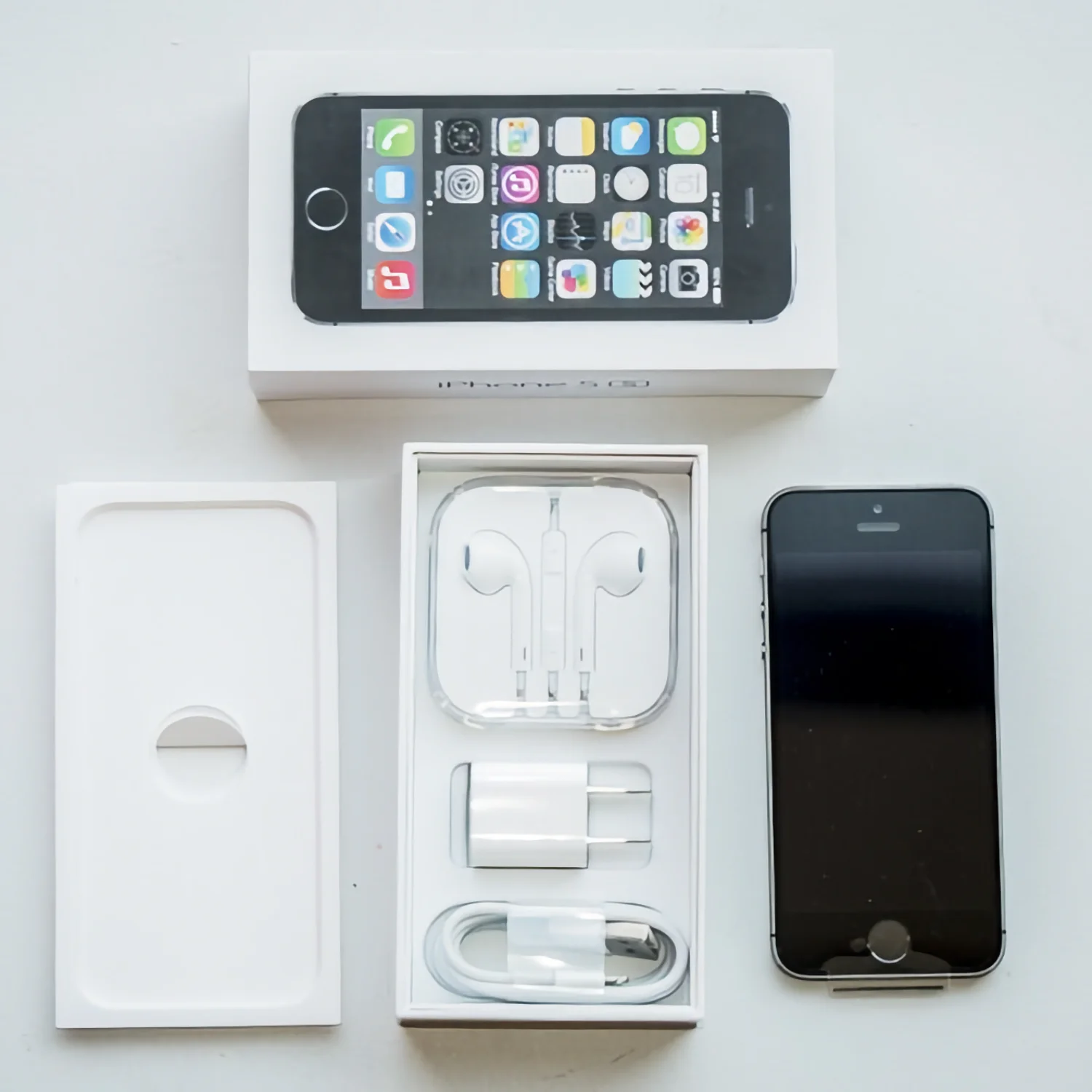
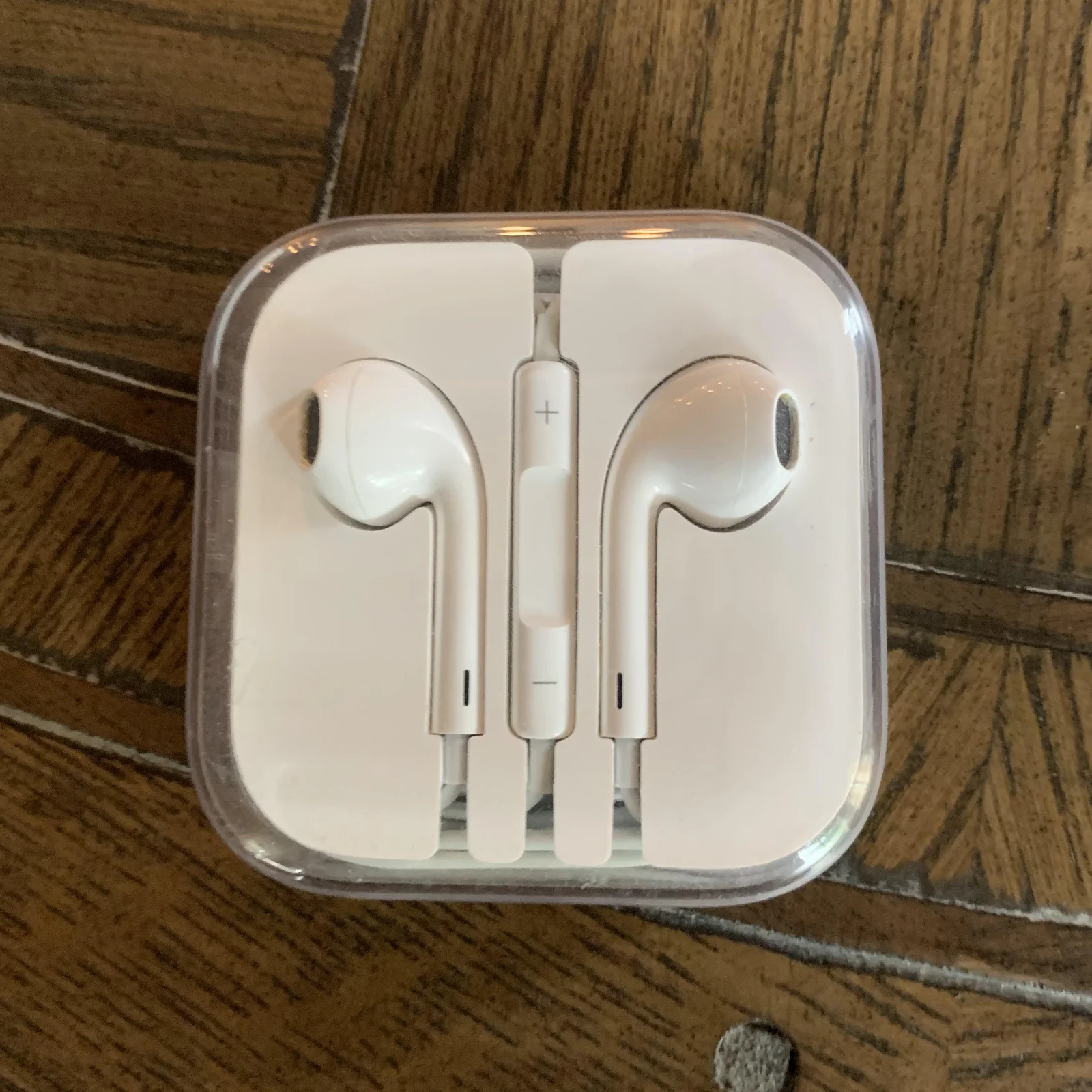
Apple’s packaging package continued until the introduction of the iPhone 4 where Apple dropped the charging dock and the microfiber cleaning cloth. With the iPhone 5, Apple changed the earphones into something of their design, called the EarPods which was in a pretty usable plastic case. The design of the EarPods eventually evolved into AirPods which continues to this day. The iPhone 4 is where Apple introduced the Lighting port, which Apple continued to use for the next 10 years.
iPhone 7
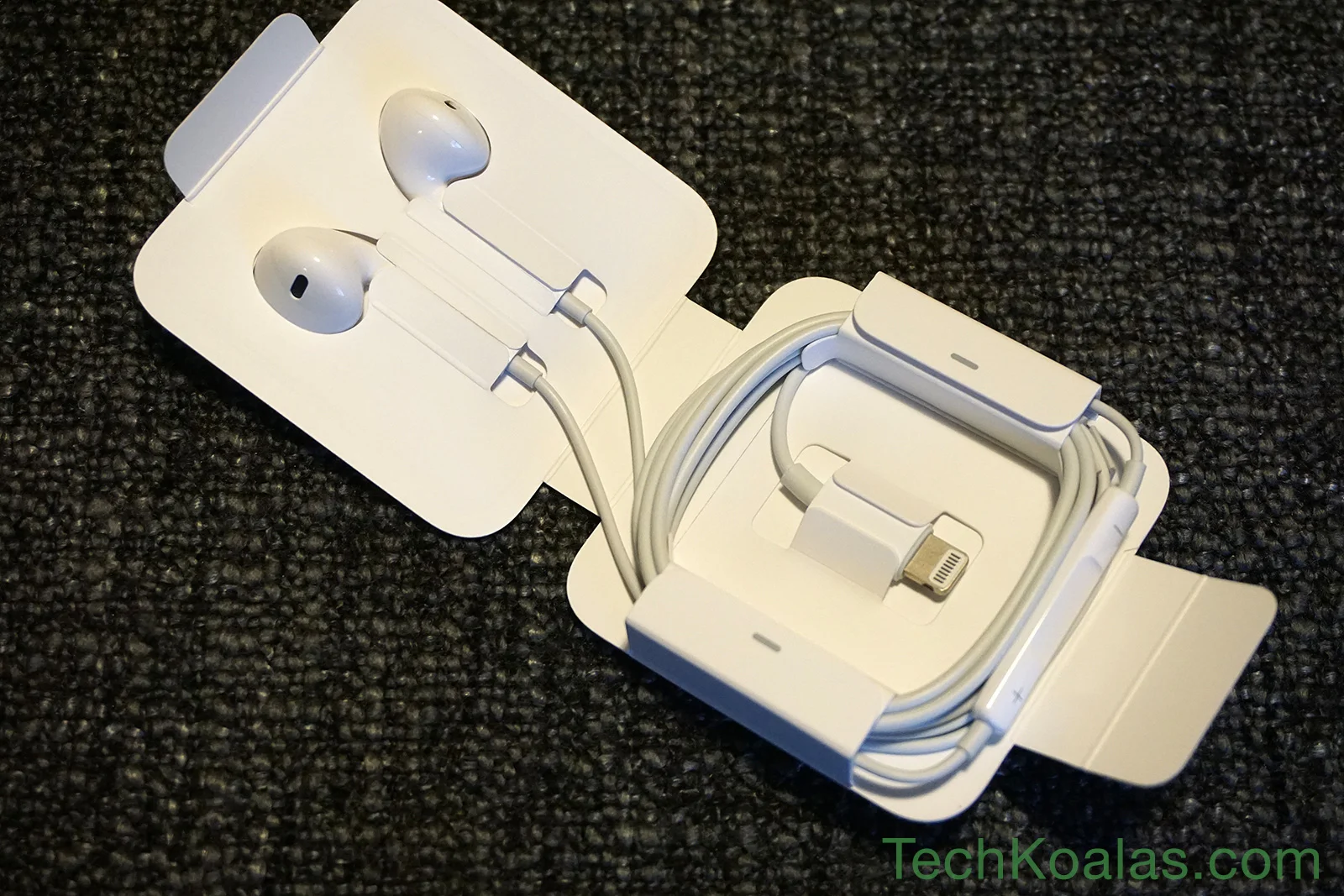
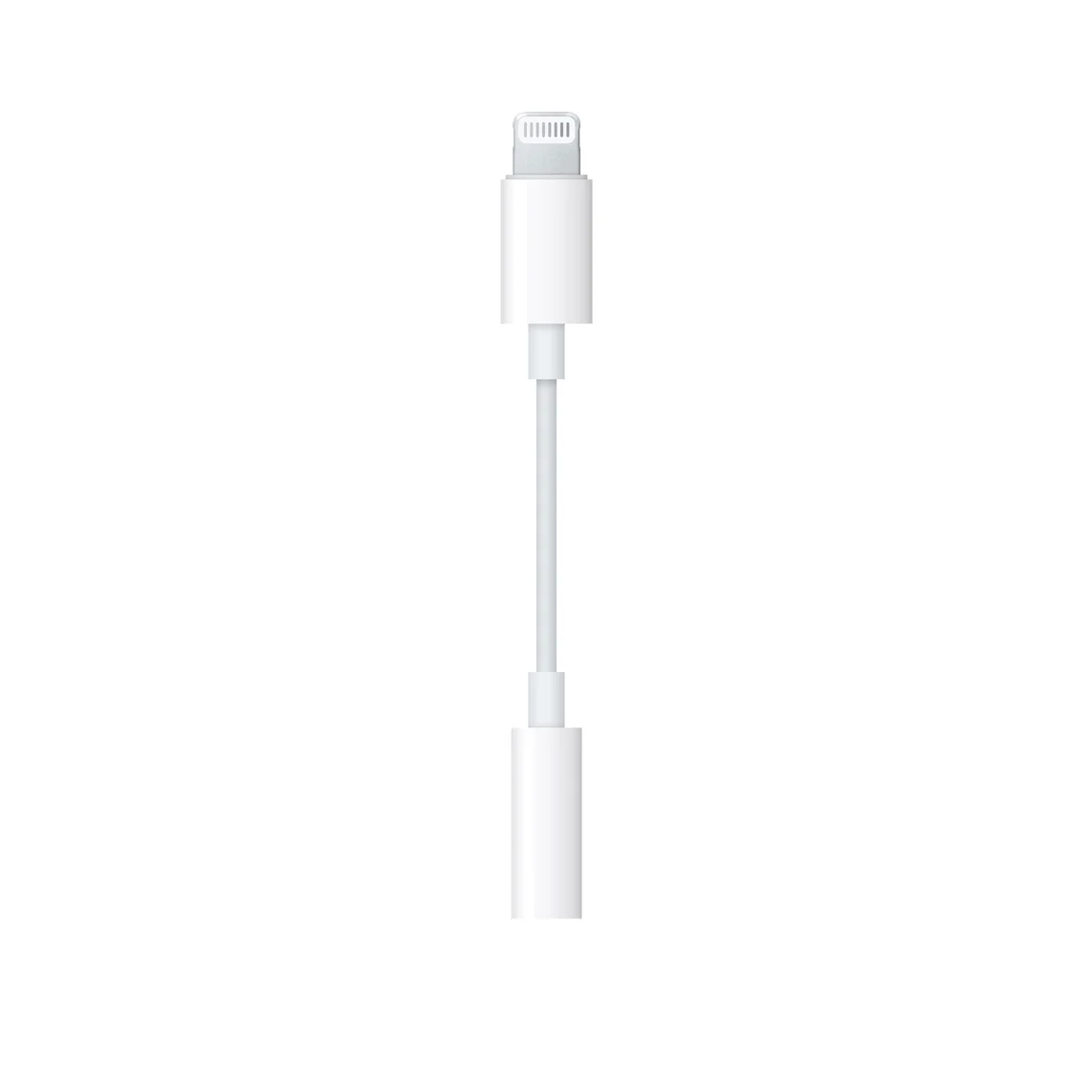
The iPhone 7 is where Apple started its strategy of building an ecosystem or in layman’s terms, building a walled garden. One of the controversial moves of the iPhone 7 is the removal of the 3.5 mm headphone port, which is a ubiquitous piece of technology. The EarPods which previously used a 3.5 mm jack now use a Lightning jack. For this transition period, Apple provided a 3.5 mm Lighting adapter which is a mini DAC.
The iPhone 7 also started the shift of Apple becoming more environmentally conscious with an emphasis on reducing waste and the use of plastic. The EarPods which were previously enclosed in a plastic casing are now bound together cleverly by paper bindings which are completely recyclable.
Eventually, Apple removed that 3.5 mm Lighting adapter from the iPhone box content. Today, that adapter is sold for $9 while a 3.5 mm jack to Lighting port cable is sold for a whopping $35.
iPhone 12
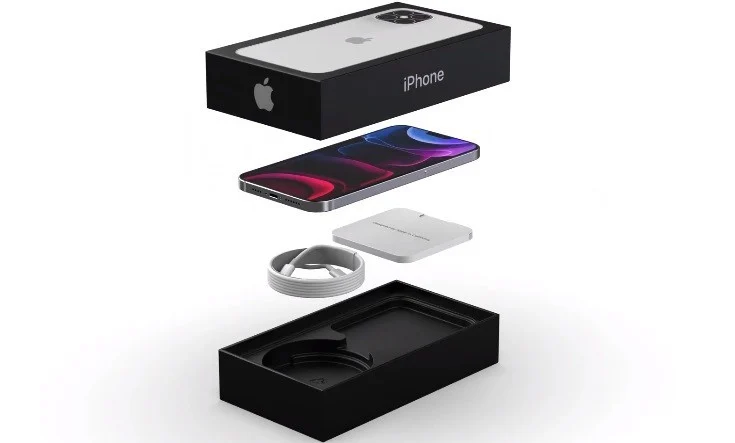
With the iPhone 12, Apple walks the fine line between going green for the sake of environmental concerns and “green-washing”, a business maneuver that claims to be been green, but of a different kind, aka profits. Since the iPhone 12, Apple boxes are far smaller because they only shipped with the device and a charging cable plus some regulatory documentation. If Apple has its way, it will also drop the documentation too.
Apple dropped the power adapter from the iPhone boxes because Apple claimed it reduces e-waste. Critics countered that by making the box a lot smaller, Apple can ship a lot more iPhones in a single container. This iPhone box also marks the first time that the box itself is not wrapped in plastic. Instead, we have a pull tab that seals the box using some stickers.
The reduction of accessories also shows a shift of the iPhone from Apple’s signature product to just another product in Apple’s extending ecosystem.
The future
We are not sure how things will happen in the future, but if the present trends continue, we expect that the iPhone will ship just with the iPhone itself. No documentation, no charging cables, and definitely, no accessories.
Plug
Support this free website by visiting my Amazon affiliate links. Any purchase you make will give me a cut without any extra cost to you
| Base | Pro | |
|---|---|---|
| iPhones | iPhone 16 / iPhone 16 Plus - (Amazon) | iPhone 17 Pro / iPhone 17 Pro Max - (Amazon) |
| iPhone Accessories | Find them at Amazon | |
| Watch | Apple Watch SE (Amazon) / Apple Watch Series 11 | Apple Watch Ultra 3 (Amazon) |
| AirPods | AirPods 4 (Amazon) | AirPods Pro 3 (Amazon) / AirPods Max (Amazon) |
| iPad | iPad 10 (Amazon) / iPad Mini (Amazon) | iPad Air M3 (Amazon) / iPad Pro M5 (Amazon) |
| Laptops | MacBook Air M3 (Amazon) | MacBook Pro M5 (Amazon) / MacBook Pro M4 Pro/ M4 Max (Amazon) |
| Desktop | Mac Mini M4 / M4 Pro (Amazon) / iMac M4 (Amazon) | Mac Studio / Mac Pro |
| Displays | Studio Display (Amazon) | Pro Display XDR (Amazon) |
Other Ecosystem Items
